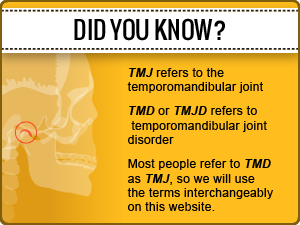A 2013 article in the International Journal of Pediatric Otorhinolaryngology (abstract below)showed that airway restriction from Adenotonsillar tissues can result in increased Attention deficit hyperactivity disorder (ADHD), oppositional defiant disorder (ODD) and sleep disorders.
The study compared controls to kids scheduled for adenotonsillar removal and found that “it was determined that attention deficit,hyperactivity, behavioral, and peer relations problems occurred more frequently in the adenotonsillar hypertrophy group.”
The study concluded that “In addition to oral respiration, snoring, and disordered breathing during sleep, adenotonsillar hypertrophy may also associated with psychiatric disorders and symptoms.”
Patients with adenotonsillar enlargement often have restricted nasal breathing. REM or Rapid Maxillary Expansion have been shown to have similar results on airway improvement.
The Perfect Start System can address restricted airways in children as young as two without surgical intervention. Severe obstructions may still require surgical intervention.
The prevelance of psichiatric symptoms in preschool children with adenotonsillar hypertrophy.
Abstract
OBJECTIVES:
The aim of this study was to determine the prevalence of psychiatric disorders and symptoms in preschool-age children who are indicated for operation due to adenotonsillar hypertrophy.
MATERIALS AND METHODS:
Forty-eight patients between the ages of three and five years with indication for adenotonsillectomy were included in the study, as well as 40 control patients. Cases underwent routine ear nose throat (ENT) examination, flexible nasopharyngoscopy and tympanometry. The Early Childhood Inventory-4 (ECI-4) parent form and Strengths and Difficulties Questionnaire (SDQ) parent form were completed by the parent caring for the child. The SPSS for Windows 16.0 program was used for statistical analysis.
RESULTS:
Groups were compared according to they received at least one psychiatric diagnosis measured by ECI-4, the group of adenotonsillar hypertrophy was diagnosed more than the control group. Attention deficit hyperactivity disorder (ADHD), oppositional defiant disorder (ODD) and sleep disorders were detected at a higher rate in patients with adenotonsillar hypertrophy. It also was established that in the comparison of the severity of psychiatric symptoms determined by ECI-4, symptom severity of ADHD, ODD, anxiety disorders, and sleep disorders was higher in the adenotonsillar hypertrophy group than in the control group. In the evaluation of the SDQ parent form, it was determined that attention deficit,hyperactivity, behavioral, and peer relations problems occurred more frequently in the adenotonsillar hypertrophy group.
CONCLUSIONS:
In addition to oral respiration, snoring, and disordered breathing during sleep, adenotonsillar hypertrophy may also associated with psychiatric disorders and symptoms.
Copyright © 2013 Elsevier Ireland Ltd. All rights reserved.

